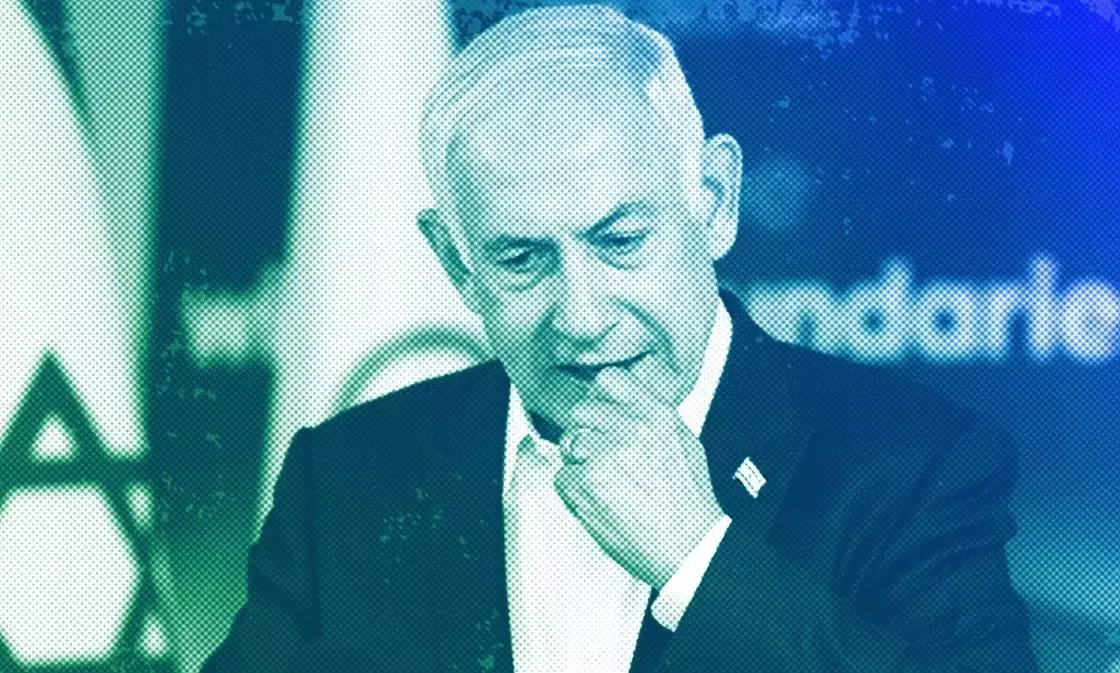
News about a ceasefire not true, Israel intensifies ground attacks in Lebanon
text_fieldsIsrael has decisively rejected a ceasefire proposal between itself and Hezbollah, a proposal initially put forward by the United States and France in an effort to de-escalate the ongoing conflict in northern Israel and southern Lebanon.
The proposal, which called for a 21-day truce, aimed to open the door to broader negotiations and provide a humanitarian pause for civilians affected by the fighting. However, Israeli leadership, led by Prime Minister Benjamin Netanyahu, has dismissed the initiative, reinforcing its determination to continue military operations.
Since Monday, Israel has been conducting an intense bombing campaign in Lebanon, targeting Hezbollah positions. The conflict, part of the broader hostilities between Israel and Hezbollah, has claimed the lives of over 600 people in Lebanon and injured thousands more.
The Israeli government remains adamant that the military campaign will continue, stating that the aim is to degrade Hezbollah’s military capabilities and ensure long-term security for northern Israel.
Israeli Foreign Minister Israel Katz, in alignment with Netanyahu, emphasised that there would be no cessation of hostilities in the north of Israel. Katz reiterated that the focus remains on defeating Hezbollah and on ensuring the safe return of Israeli citizens displaced by the ongoing violence.
The northern region of Israel has been heavily impacted by the conflict, with around 60,000 Israelis forced to flee their homes due to the continuing threat posed by Hezbollah rocket fire and other attacks.
Meanwhile, the humanitarian crisis in Lebanon is worsening. Tens of thousands of Lebanese civilians have been displaced by the Israeli bombardment, particularly in areas near the UN-drawn Blue Line, which separates Israel and Lebanon. Lebanon’s government, in coordination with various relief agencies, has been working to provide urgent assistance to those affected, with efforts led by the Red Cross and other international bodies.
Lebanon’s interior ministry has established sub-committees to manage the resources needed for the displaced population, with operations being coordinated on a near-hourly basis with local authorities.
The Israeli military has claimed significant success in its operations, announcing that it has targeted dozens of Hezbollah positions in southern Lebanon and the Beqaa Valley overnight.
However, Lebanese authorities reported further casualties, with four more civilians killed in southern Lebanon and a tragic airstrike on the town of Younine, where 23 Syrians, mostly women and children, lost their lives. This incident has added to the growing concerns over civilian safety in both countries, as the conflict shows no signs of abating.
The international response to the situation has been marked by calls for restraint and diplomacy. Both US President Joe Biden and French President Emmanuel Macron have urged for a temporary ceasefire, stressing the need for a broader settlement that would ensure security along the Israel-Lebanon border.
Their joint statement underlined the dangers of a broader conflict and the humanitarian toll the ongoing exchanges of fire are having on civilians. Despite this, Israel’s leadership remains unmoved, arguing that negotiations at this stage would only serve to embolden Hezbollah.
On the ground in northern Israel, community leaders have voiced their opposition to a ceasefire, insisting that the time for negotiations has not yet arrived. They have echoed the Israeli government’s position that the focus must remain on military victory rather than diplomacy. Regional councils representing areas affected by the conflict have expressed frustration with any suggestion of a truce, viewing it as premature and counterproductive to their security concerns.
Within Israel’s government, the conflict has highlighted growing tensions between different factions. The far-right elements of Netanyahu’s coalition, including figures such as National Security Minister Itamar Ben-Gvir, have taken a hardline stance against any halt in the fighting. Ben-Gvir’s faction is set to hold an emergency meeting to discuss the situation further, amid increasing signs of fractiousness within the coalition government.























